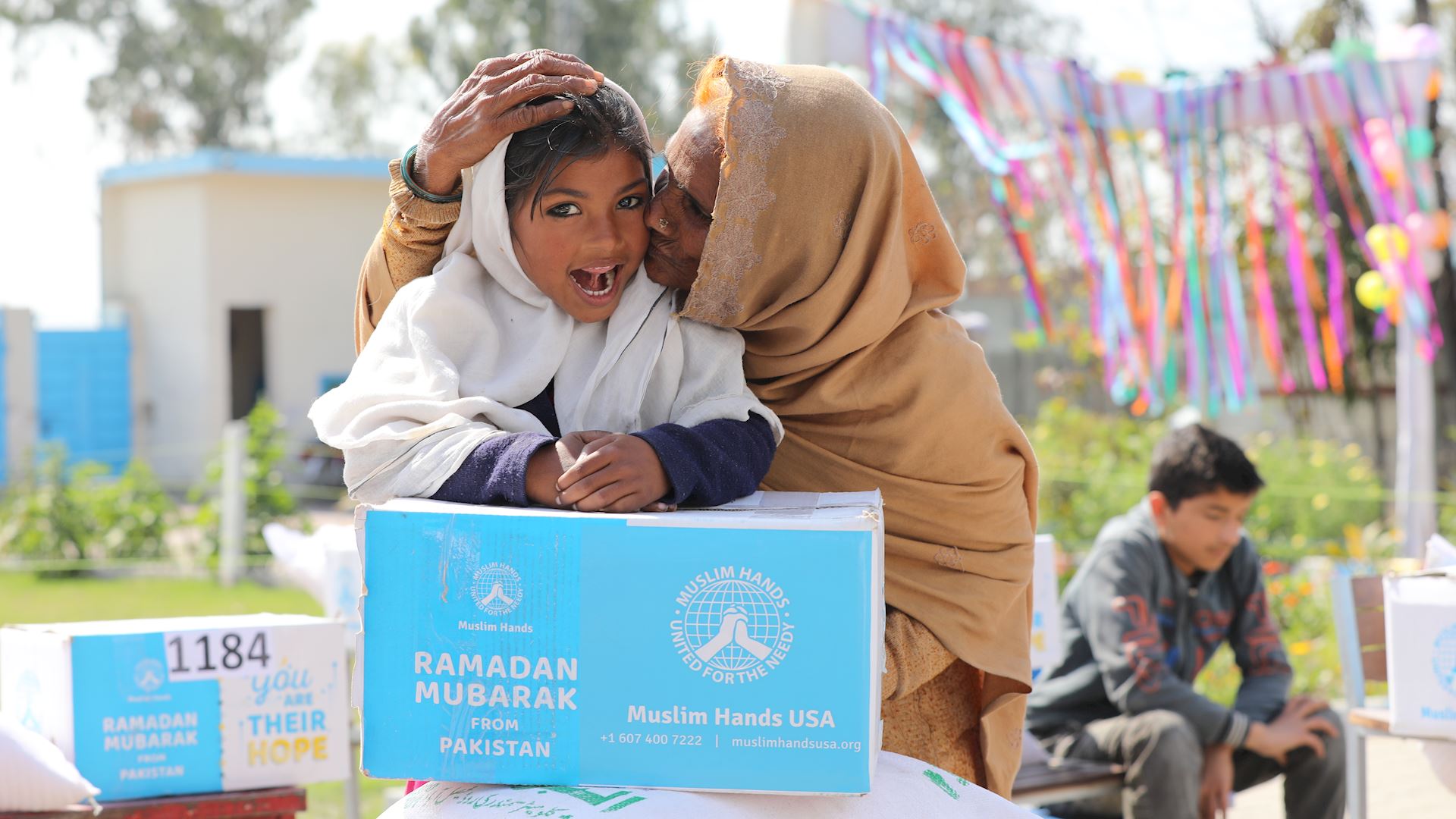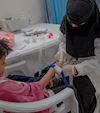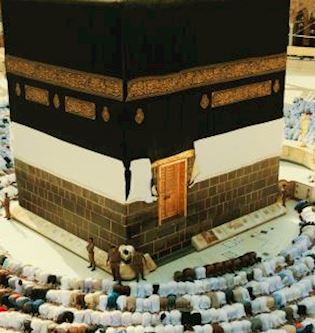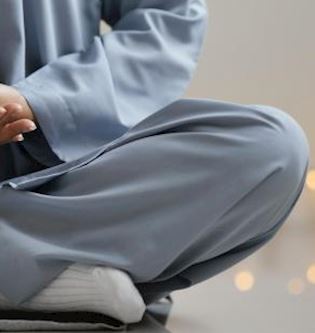Fidyah or Kaffarah: What do you need to give this Ramadan?
Fidyah and Kaffarah
Zayd ibn Khalid al-Juhani said:
The Messenger of Allah (peace and blessings of Allah be upon him) said:
“Whoever gives iftar to one who is fasting will have a reward like his, without that detracting from the reward of the fasting person in the slightest.” (Bukhari)
As the 2024 Ramadan approaches fast, those who cannot fast may begin to feel guilty. Fasting is an obligation to every adult who is sane and able-bodied.
Fidyah is the obligatory payment made to feed a person two meals every day of Ramadan missed if a person is unable to make up the skipped fasts.
However, both groups are excused from fasting. Only the elderly must pay fidyah for the fasts they have missed.
The second group is those who are sick. If you are sick for a short term and recover from it, you must make up the missed days fast, whether it is one day or 30 days. This is why women who are on menses, pregnant, or feeding are exempted from fasting. They must make up their fast after their bodies have recovered. On the other hand, those who have terminal sickness must pay fidyah for the missed fasts.
The last group of people temporarily exempted from fasting is anyone traveling. But they, too, must make up their fasts since they are not traveling anymore. Thus, fidyah becomes obligatory only if you cannot make up for the skipped fasts.
At Muslim Hands, to help you pay this obligation, you can donate Fidyah $8 for one fast; it will cover the cost of two meals for one person.
Meanwhile, if someone outside these groups intentionally breaks fast without a valid reason, they must pay the Kaffarah, which is to fast for 60 consecutive days. If you miss a fast within those 60 days, you must begin again until they are done consecutively. This excludes days you are not allowed to fast, like Eid, or days of menses. If you cannot fast for 60 days, you must feed a family or a person two meals for 60 days.
$480 for ONE broken fast- your Kaffarah donation will feed 60 needy people two meals, tackling the deadly effects of hunger.
Frequently Asked Questions
When can you pay Fidyah?
If your condition is such that you know you will not be able to fast at certain times during the month or not at all, it is best to pay fidyah before Ramadan begins. This is encouraged to help the needy fast during Ramadan rather than later.
When can you pay Kaffarah?
If you break or miss a fast intentionally and cannot fast for 60 days, you should pay your kaffarah as soon as possible. Otherwise, whenever you have the means to fast or pay, you can do so during the year.
Who are Fidyah and Kaffarah given to?
As both are a means of charity- anyone who is in need or stuck in poverty qualifies to get fidyah or kaffarah. (add here that we provide food parcels to impoverished communities)
Are Fidyah and Kaffarah obligatory?
Simply put, yes- withfoot note that you have the means to either fast or pay.
For further information about Fidyah Fund or Kaffarah Fund. Please contact us if you have questions about your donation, you can reach us at +16074007222.





















